Menu
Trees enhance the quality of our environment, offering many benefits that improve the quality of life. However, they are susceptible to diseases, prompting the expertise of certified arborists. A common threat to these magnificent entities is anthracnose, a fungal disease that causes leaf spots, defoliation, and dieback. If you notice these signs in your yard, the Driscoll Tree Service can help. We provide pertinent information to help you understand anthracnose, its causes, symptoms, and management strategies.
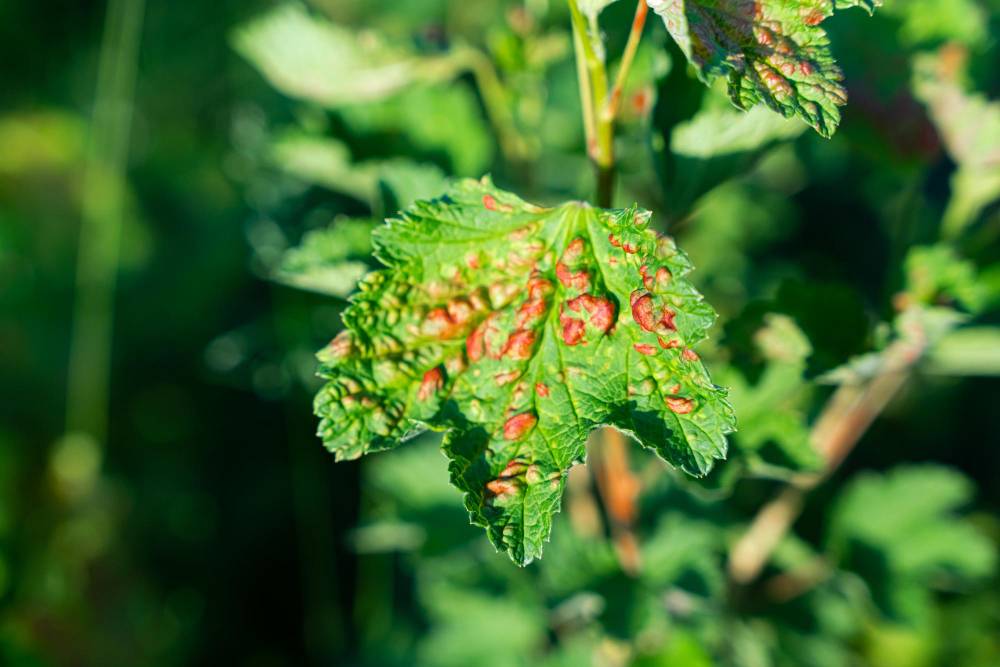
Anthracnose is caused by related fungi that thrive in warm, wet conditions and can infect plants through wounds or natural openings. The spores are spread by rain, wind, insects, and human activity, making it easy for the disease to multiply in favorable conditions. Overcrowded plantings and poor air circulation create the ideal fungi growth conditions, causing deterioration and tree removal emergencies.

The symptoms of anthracnose vary depending on the host plant and the specific fungal species involved. Common signs include dark, sunken lesions on leaves, stems, flowers, and fruits. These lesions often have a water-soaked appearance and may be surrounded by yellow halos. Infected leaves can curl, wilt, and eventually fall off. On fruits, anthracnose can cause black, sunken spots that reduce the marketability and quality of the produce. Once you notice these telltale signs of infection, call a tree care company to quickly inspect, diagnose, and treat the disease.
Anthracnose can severely affect plant health and productivity. Repeated infections in decorative trees and shrubs can cause significant defoliation and reduced vigor, increasing susceptibility to stresses, diseases, and even tree removal. In crops such as tomatoes, beans, and cucurbits, anthracnose can cause substantial yield losses and affect the quality of the produce. Tree service professionals work with farmers and gardeners, mitigating the economic losses associated with infections through proven management practices.
Identifying anthracnose involves examining the symptoms and considering the environmental conditions. Tree service experts conduct lab tests to ensure a definitive diagnosis, especially when symptoms are similar to other diseases. Professionals can identify the fungal species and recommend appropriate control measures to prevent an outbreak.
Managing anthracnose involves a combination of cultural practices, chemical treatments, and selecting resistant plant varieties. Property owners can conduct cultural practices like proper spacing of plants to ensure good air circulation, pruning to remove infected plant parts, and avoiding overhead watering to reduce leaf wetness. In addition, fungicides can be effective as preventive measures, but it is vital to follow the manufacturer’s instructions or hire a tree care company to address the problem. Consider integrating chemical solutions with cultural practices for long-term control.
While anthracnose is a challenging plant disease caused by various fungal species, arborists can pinpoint and address the disease before things worsen. By employing a combination of cultural practices, chemical treatments, and preventive measures, gardeners and farmers can reduce the impact of anthracnose and maintain healthier, more productive plants. Contact us at the Driscoll Tree Service and schedule a consultation with our experts to manage the disease proactively. This goes a long way to minimize the losses associated with this pervasive plant pathogen.
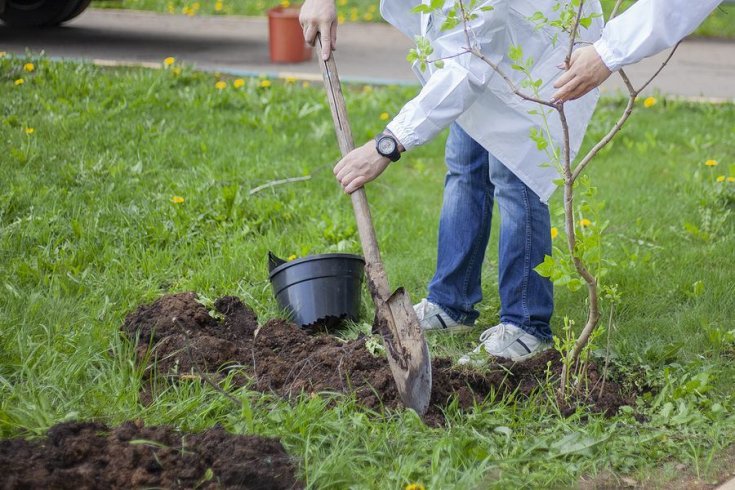
Best Trees to Plant for Shade A good shade tree is a must if you live in an area where the temperatures tend to rise in the spring and summer. Choosing the right trees can not only offer a cool…
Read More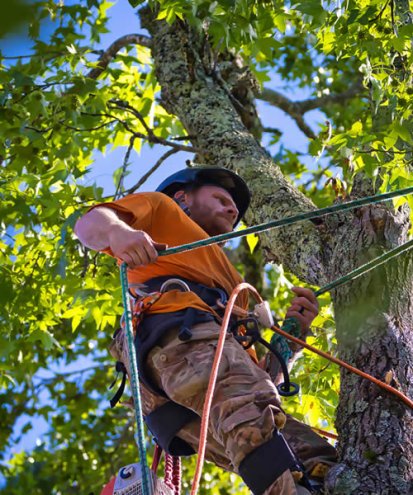
Eco-Friendly Tree Removal Trees are valuable entities in our ecosystems, providing habitats for wildlife, absorbing carbon dioxide, and improving the planet’s overall health. However, there are instances when tree removal is the best option to protect your yard from diseases,…
Read More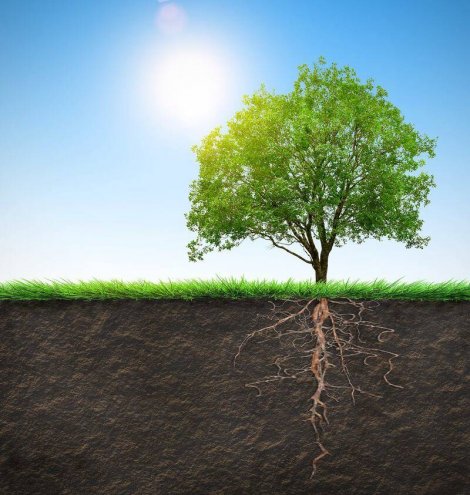
4 Signs of Tree Root Damage Trees are valuable additions to any landscape and offer various environmental benefits. Regular care is critical to maintaining healthy and durable trees, like most living things. If you suspect deterioration in your trees, the best…
Read More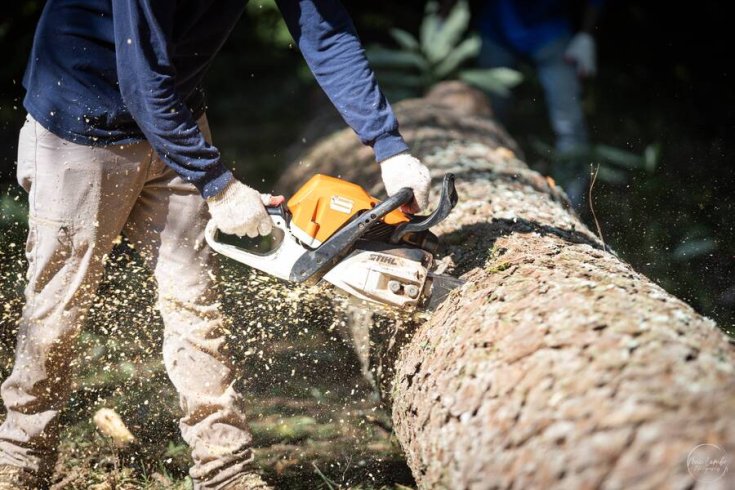
Overgrown Trees? How Tree Services Can Prevent Property Damage We love trees as much as the next guy, but even we'll admit that trees are not always a symbol of peace and harmony. Overgrown trees with precarious branches or diseased…
Read More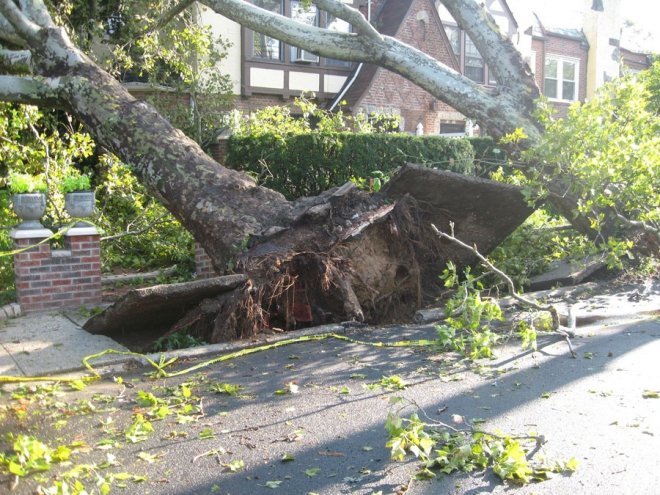
Signs a Tree Might Fall Many property owners appreciate and love their trees but must notice the potential danger some trees present. Research shows that many tree-related accidents could be avoided if people knew the signs and symptoms of a…
Read More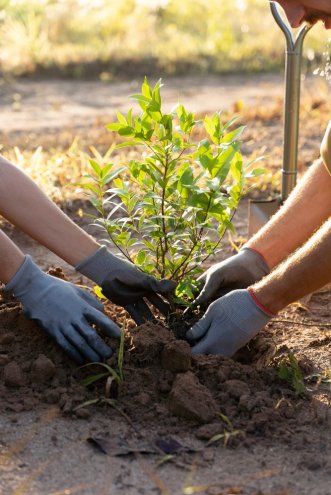
Facts About Winter Tree Planting Planting trees is a major decision that requires consideration of crucial factors like planting time, soil quality, tree type, and tree placement. While most people often avoid landscaping projects during the cold months, winter is…
Read More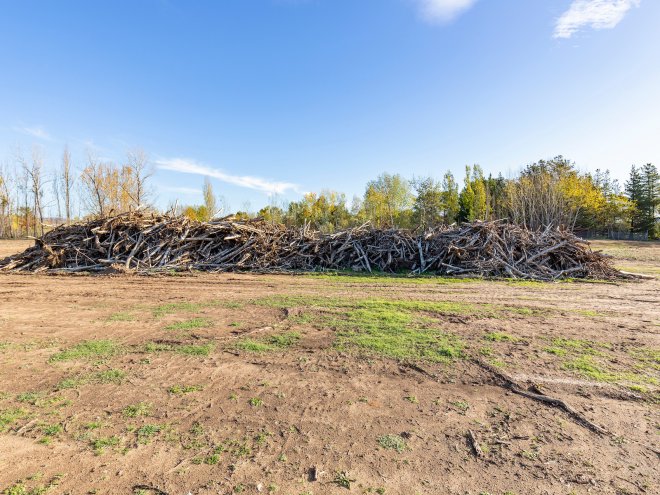
Best Tips to Clear Overgrown Land Land is one of the best investments you can make, but here’s the catch: if you want to unlock its full potential, then you’ve got to cultivate or develop it. Before you can do…
Read More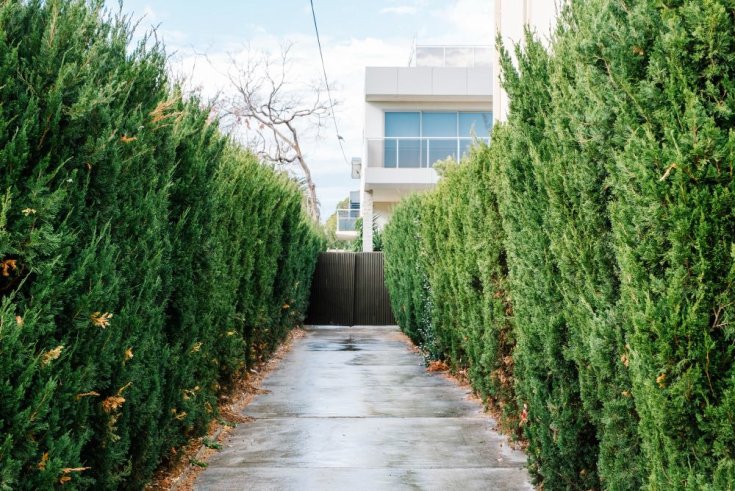
Ideal Evergreen Trees to Plant in Your Landscape Evergreen trees are a cherished addition to any landscape, providing year-round beauty and many practical benefits. While deciduous trees may shed their leaves in the fall, evergreens maintain their lush foliage throughout…
Read More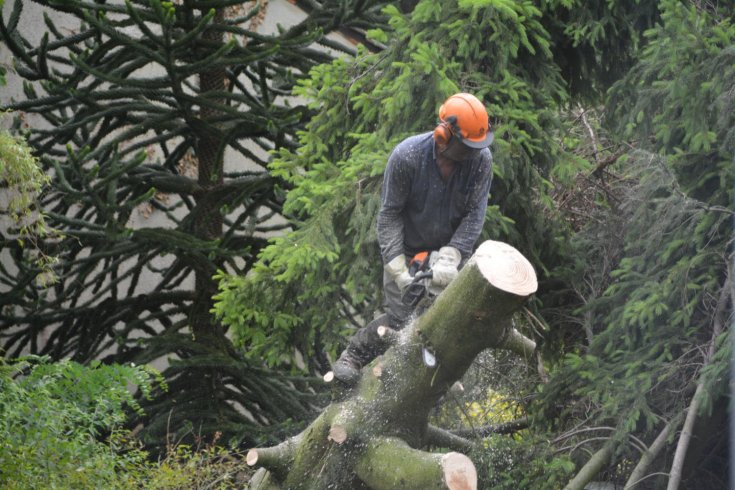
How Professional Tree Services Handle Large or Hazardous Trees Large or hazardous trees can quickly turn into serious threats on your property, and dealing with them safely requires far more than basic yardwork. You might look at a towering trunk,…
Read More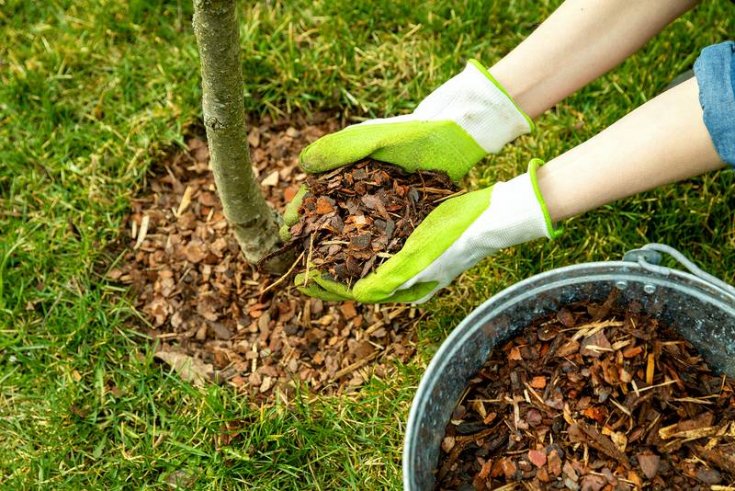
Mulch Myths and Truths As we head towards cooler months, it is critical to maintaining a healthy yard. One of the essential tree care practices before winter is adding a layer of mulch around your trees. You can use many…
Read More